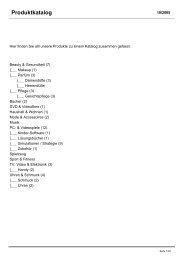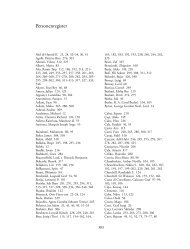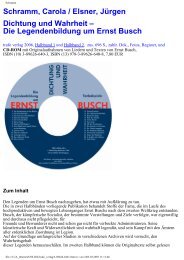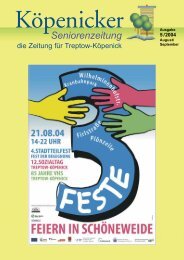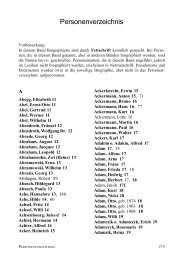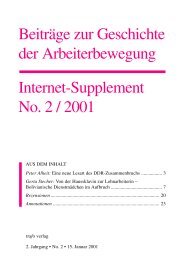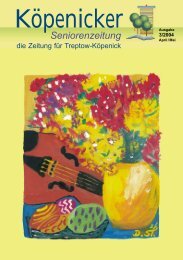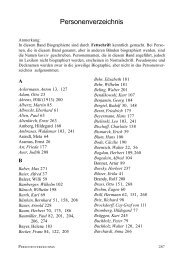Beiträge zur Geschichte der Arbeiterbewegung Internet-Supplement ...
Beiträge zur Geschichte der Arbeiterbewegung Internet-Supplement ...
Beiträge zur Geschichte der Arbeiterbewegung Internet-Supplement ...
Create successful ePaper yourself
Turn your PDF publications into a flip-book with our unique Google optimized e-Paper software.
Richard Croucher<br />
BzG-<strong>Supplement</strong> No. 1/2000 13<br />
the industrial relations matters raised earlier. 23 If Gottfurcht became less critical of<br />
the British as an occupying power then it was unsurprising if the TUC intervened rather<br />
less. Whether this was positive or negative from the German point of view is an<br />
interesting question the answer to which would largely depend on a judgement of the<br />
wi<strong>der</strong> impact of TUC intervention which German historians would be better qualified<br />
to make.<br />
The general trend was perhaps inevitably in the general direction of less intervention<br />
as an increasing number of fundamental issues were resolved. From 1949, and the<br />
foundation of the DGB, TUC officials had in any case to take into account the fact<br />
that the Germans now had a national centre whose prerogatives had to be respected.<br />
It is therefore difficult to disentangle the impact of this particular discussion from the<br />
broa<strong>der</strong> trend.<br />
However, a later incident is of interest in this connection, since it shows that even<br />
after the election of the Adenauer government, senior British officials in Germany<br />
felt that it was possible to request Tewson to intervene in support of German employers.<br />
It occurred in early 1952, during the crucial period of negotiation of the terms on which<br />
Mitbestimmung was to be conducted. The context had changed. Although occupying<br />
powers still played a role in the government of Germany, a German government had<br />
been elected in the West. The political situation became increasingly difficult for the<br />
unions as the Cold War intensified and their codetermination proposals were depicted<br />
as drawing on Soviet rather than German experience. By mid1950, there was deadlock<br />
on the DGB’s proposals and a campaign of industrial action began which was strongly<br />
resisted by the employers. Bipartite co-determination in the coal and steel industries<br />
was agreed by the spring of 1951, but in early 1952 the extension of this scheme to<br />
the economy as a whole was still un<strong>der</strong> discussion. The tenor of parliamentary<br />
discussion on both the coal and steel and the wi<strong>der</strong> arrangements led the DGB, now<br />
led by Christian Fette, to fear that the government and employers were strongly opposed<br />
to extending the bi-partite arrangements.<br />
At this time, German trade unions were represented on an Anglo-American Joint<br />
Productivity Council whose aim was to raise productivity in the two occupying powers’<br />
zones in Germany. In March 1952, Herr Stork of the Verband <strong>der</strong> Deutschen Industrie<br />
based in Frankfurt visited Sir Thomas Hutton, a British member of the Productivity<br />
Council. According to Hutton, Stork told him that the unions were unwilling to<br />
participate in a programme of productivity teams unless their demands for codetermination<br />
were accepted. Hutton encouraged him to talk to Tewson or someone<br />
else in the TUC. Hutton wrote to Tewson: ‘It occurs to me that you might feel it<br />
desirable to use your international contacts to resolve this difficulty’. 24 Tewson replied<br />
that ‘This is one of those matters in which it is very difficult to interfere in other people’s<br />
business’, but he hoped to be seeing Fette in Brussels in the following week and ‘I<br />
will try to make an opportunity to see how matters stand’. 25 As his earlier reply implied,



